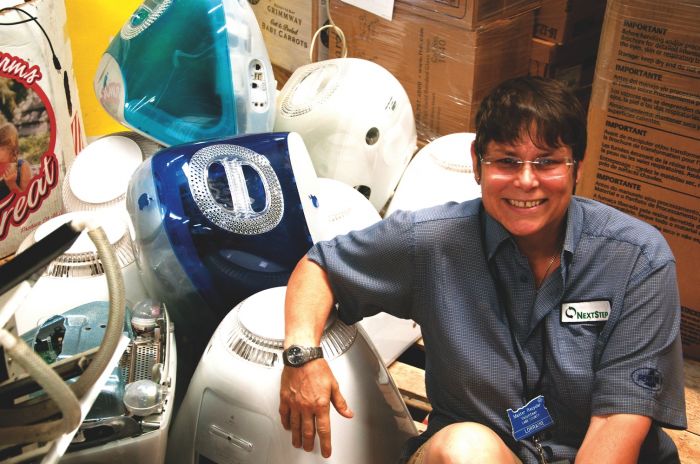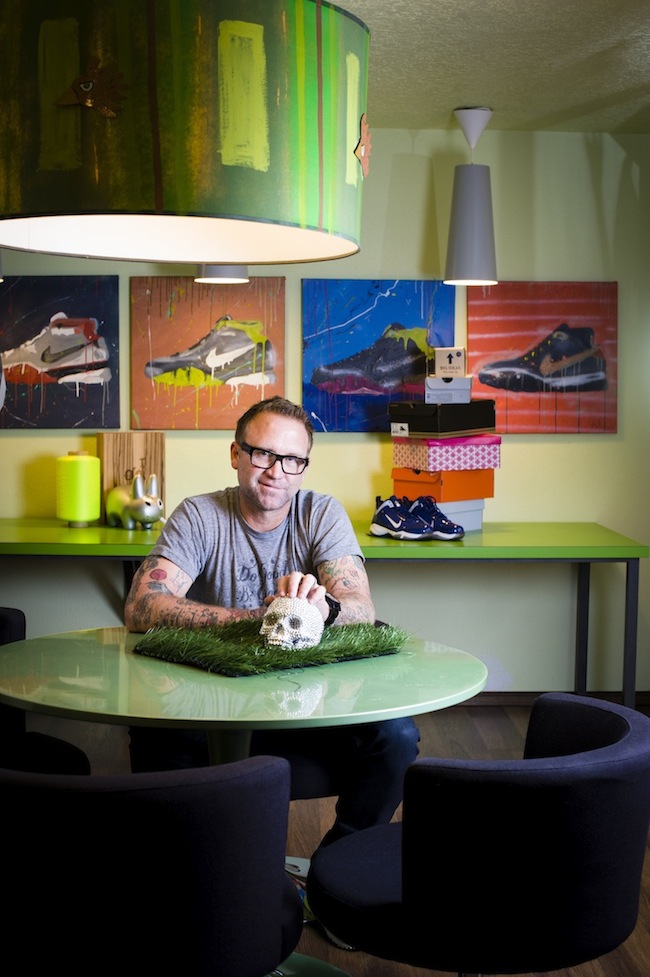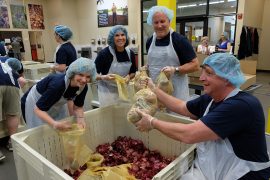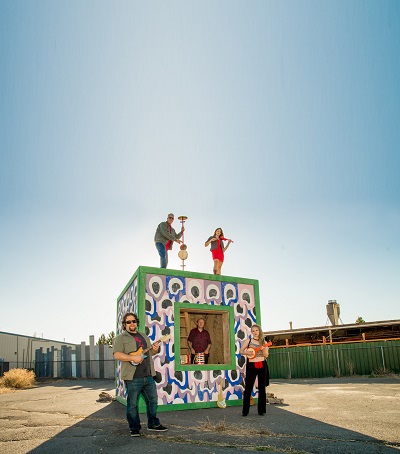During Lorrain Kerwood’s first year at Lane Community College, she bought a new computer, only to have it crash. She remembers approaching the problem with relentless drive. “I tried to fix it myself, but instead of pulling out the main power supply,” she says, “I managed to damage my hard drive. I turned to the Internet and found regular people, just like myself, who gave me everything I needed to know about how to repair my computer,” Kerwood recalls.
Ironically, one of her most helpless moments would eventually compel her to fix discarded computers all over campus.
She began to envision her startup. “The idea came out of my own experience in not knowing how to use a computer and needing to return to school,” she says. Having worked on a farm, as a nurse’s aid, as a dishwasher and as a housekeeper, Kerwood had no professional need for computers. Since most jobs today require some level of computer literacy, she found herself playing catch-up in computer training courses.
At age 30, she was diagnosed with Asperger’s Syndrome. The obsessive- compulsive aspect of Asperger’s Syndrome, combined with a growing societal dependence on technology, however, brought focus to her life. She became an adept student by quickly absorbing techniques and skills in her computer classes. “Amazingly, research has found that people who fall on the autism spectrum do very well with technology,” she says. “To my absolute surprise, I excelled the most in my college computer courses.”
In her garage, she began laying the groundwork for her startup, taking in broken Mac computers, repairing them and giving them to underprivileged kids and adults. “Helping children began the process of making NextStep grow into a larger nonprofit organization,” Kerwood says. “I knew what I had done was a wonderful thing.”
She founded NextStep, a nonprofit that refurbishes broken computers and then sells them to consumers or donates them to underprivileged communities. NextStep also offers computer literacy programs for children and adults who are living in poverty, as well as the disabled and marginalized. In addition, NextStep accepts referrals from social services and local school districts for the computer programs.
Today, the nonprofit takes in an estimated four million pounds of recycling a year, recycles two million electronics and refurbishes 2,300 computers a year. Its 3,500-square-foot facility houses thirty-five employees, fourteen volunteers and 150 trainees whose functions range from accepting and sorting electronics to making repairs themselves. NextStep offers classes such as basic computer use and cloud computing, the same sorts of classes that gave Kerwood her start.
Kerwood went on to graduate magna cum laude from the University of Oregon and earned a masters degree in social work from Portland State University. Twenty years later, Kerwood now sees life’s obstacles as an opportunity to accept new challenges. Her relentless optimism, compassion for others and propensity for problem solving led her to start the first nonprofit computer-recycling center in Eugene.
NextStep now has two locations, one for donations and repair, the other a ReUse store. Eventually, Kerwood hopes to bring NextStep’s services to other Oregon communities and across the United States. “Our model is very replicable,” notes Kerwood. “Still, there needs to be the same motivation, knowledge and passion that we have found here.”
NextStep’s business model is, itself, a recycled program, transformed from BRING, a nonprofit recycle center for surplus building materials. Julie Daniel, director at BRING, mentored Kerwood in the early stages of the organization. “Running a community-based nonprofit like NextStep requires vision, heart, intelligence, grit and—perhaps most of all—an undaunted ‘yes, we can mentality,’” says Daniel. “Lorraine exemplifies those qualities. She inspires others to go beyond their limits by continuously, and successfully, stretching her own.”
How to Help:
Visit: nextsteprecycling.org
Call: 541-686-2366 (Donation Center) or 541-868-0904 (ReUse Store)










This story is exceptionally inspiring. I began laptop re-fubishing several years ago in much the same way as Lorraine did. I'm retired, so it's pretty much just a 'break-even' hobby for me. I buy broken laptops and, after repairing them, sell for my cost, mostly on eBay.